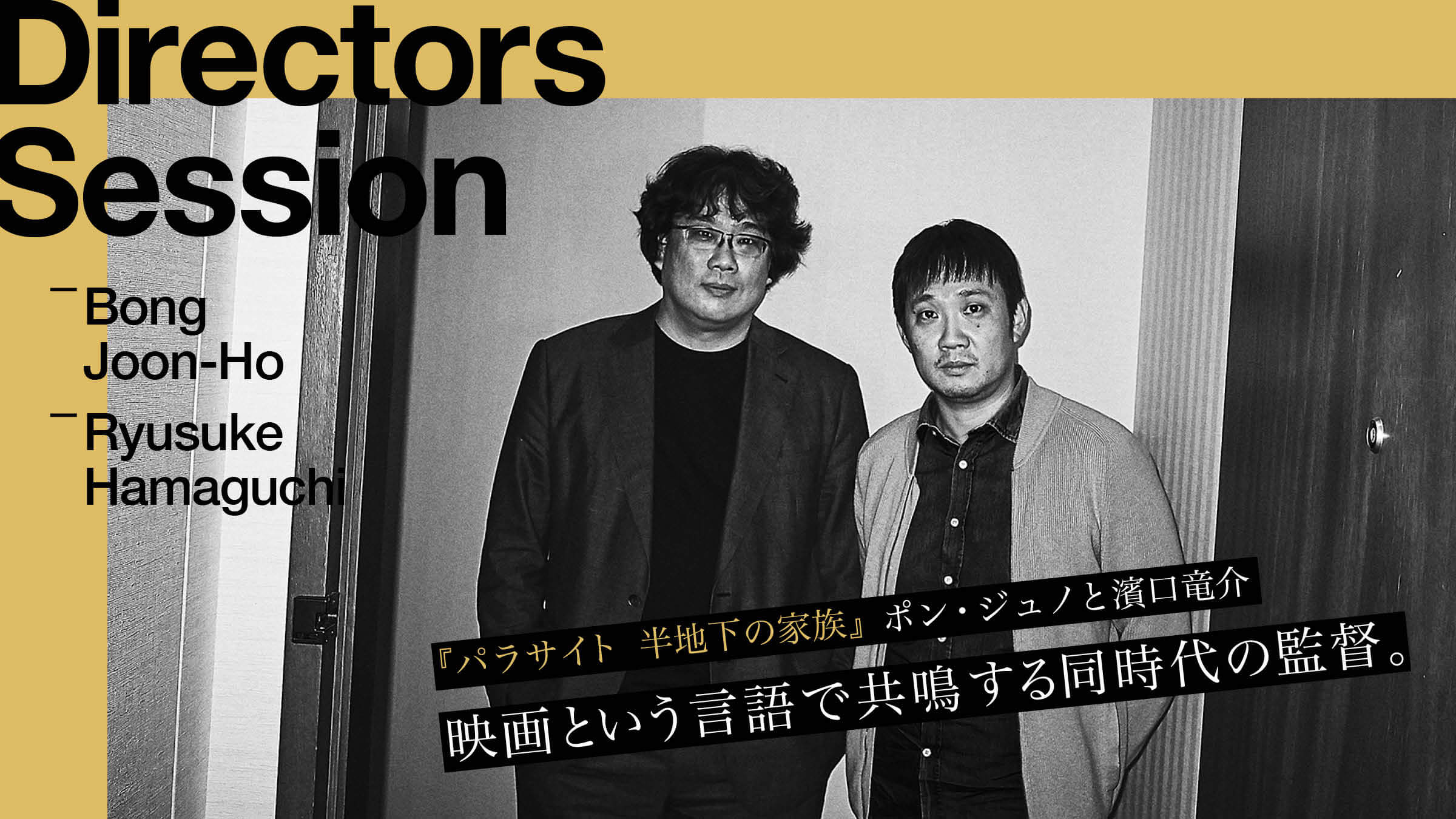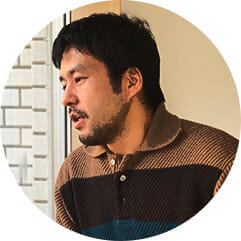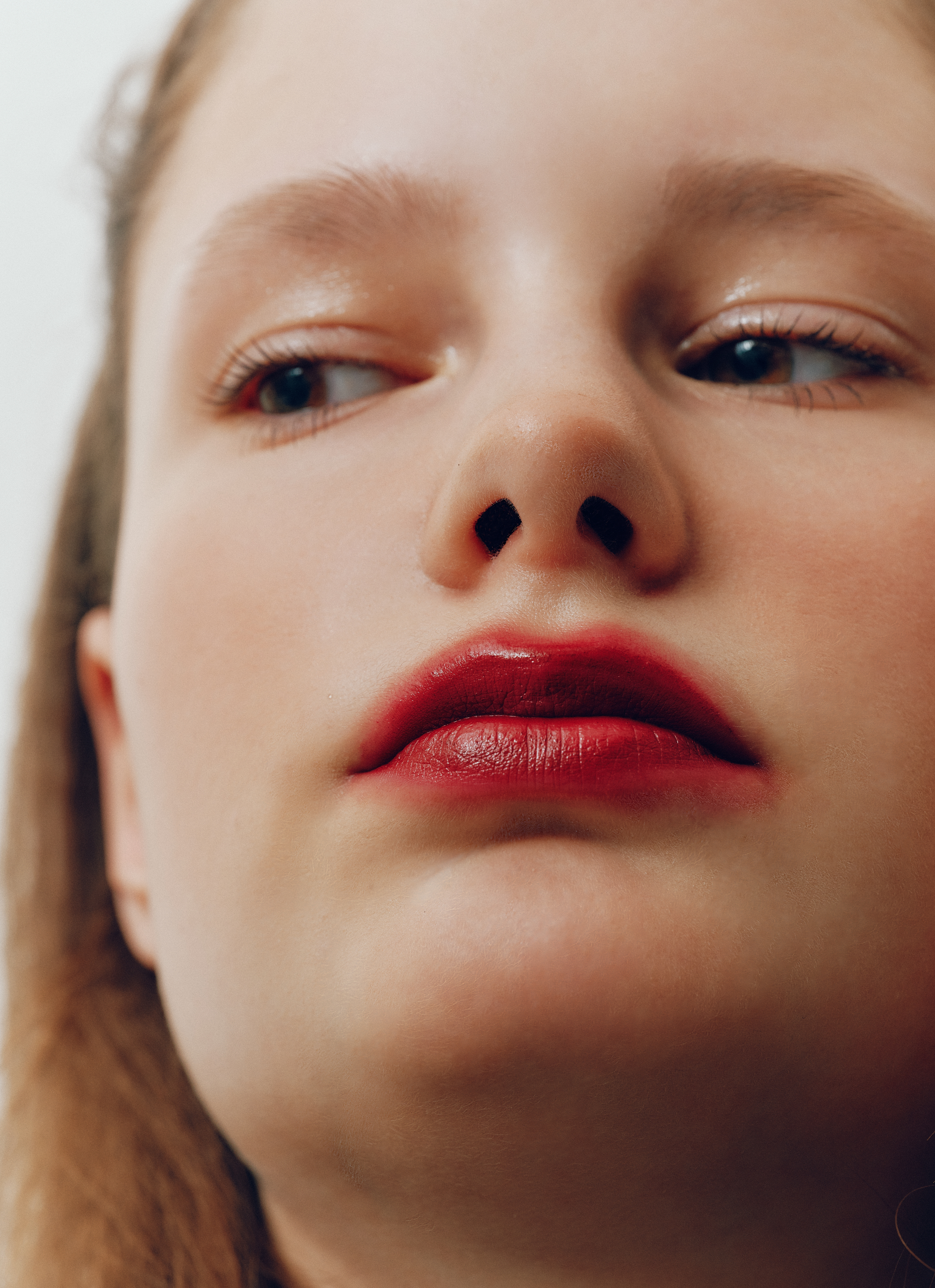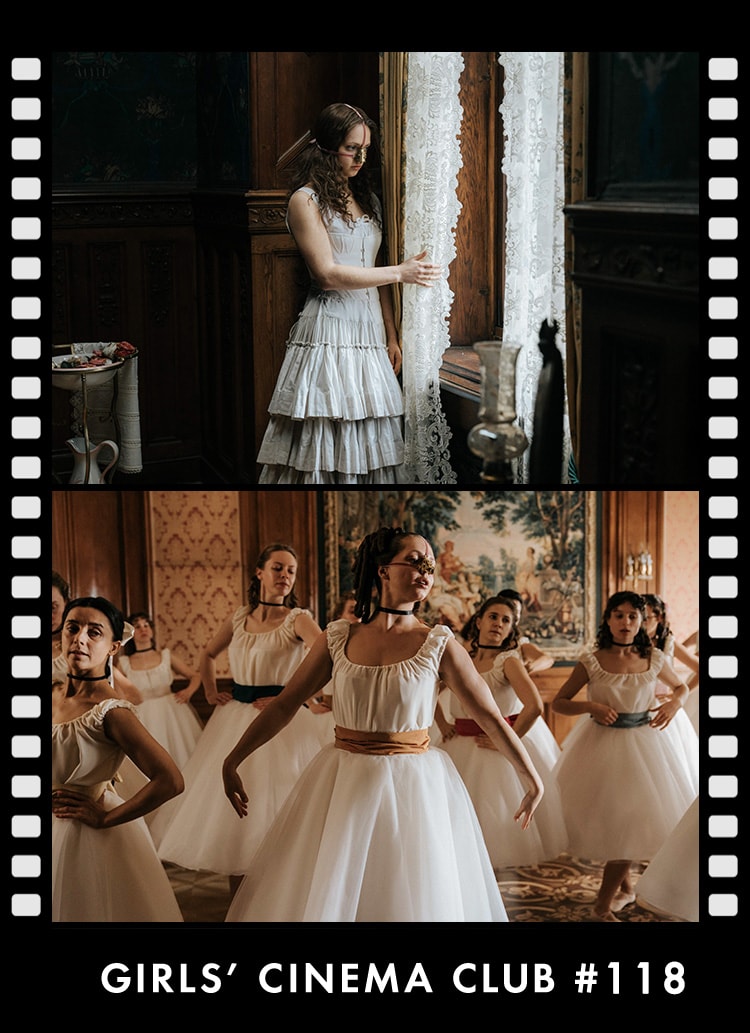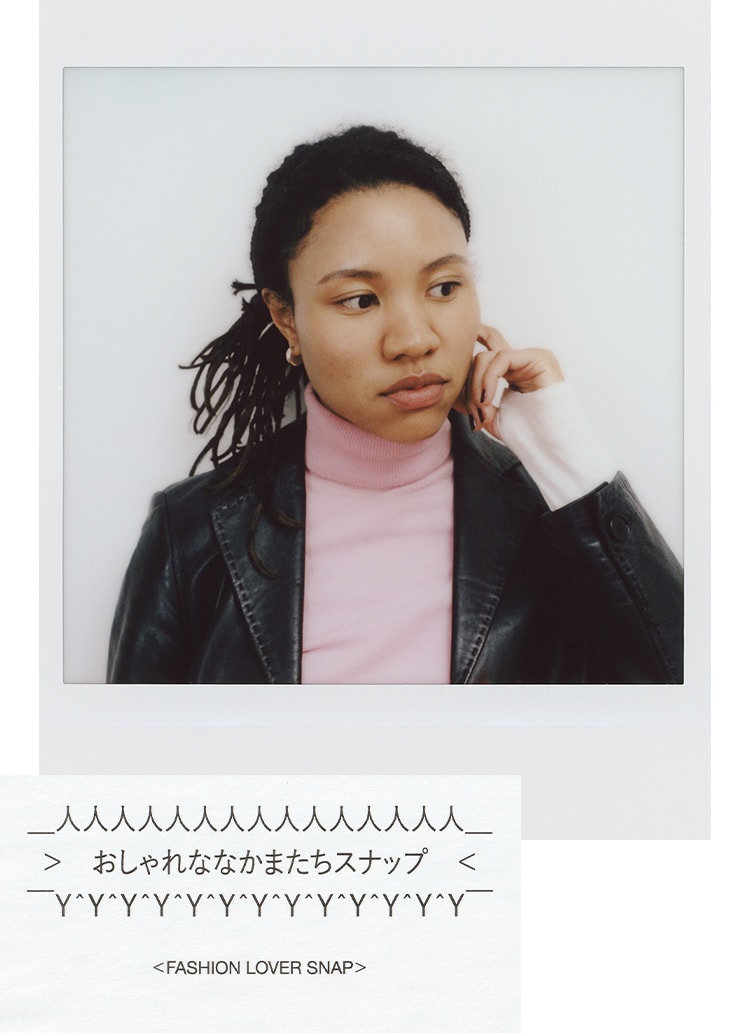How does director Pon Joon-ho view Japanese films?
. It is refreshing to hear that you two, with such different film touches and production environments, are so contemporarily inspired by each other. What kind of experience was this for both of you?
Hamaguchi:What Director Pong Joon-ho is doing is something that I had given up on from the very beginning of my filmmaking career. I think there is no one else today who can do this, who can take a strong shot and embed it in the storytelling without any excesses or shortcomings.
It is partly because I do not have the ability to take such shots in the first place, but also because the Japanese film industry does not have the stamina to produce such shots. I have given up on that kind of filmmaking from the very beginning, and I am trying to reach the desired stage by making a series of "weak" shots.
However, when I saw "Parasite," I realized that I had just given up. Of course, conditions are different in Japan and Korea. Still, I was strongly struck by the fact that there are people in very close proximity who are now realizing such things in the present day. I felt that I simply did not have the courage, that I was lazy.
Pon:The term "production stamina" in the film industry is striking. Cinematic fitness is not only a director's personal fitness, but also has to do with the fitness of the film industry as a whole. I am an outsider, so I do not know the details, but I do feel that there is a difference in terms of industry between Japanese films of the past generation (Akira Kurosawa, Nagisa Oshima, and Shohei Imamura) and Japanese films of today.
Nevertheless, I believe that my favorite directors, Kiyoshi Kurosawa, Hirokazu Kore-eda, and Hamaguchi, still maintain a spectacle of the heart, of emotion, of a delicate and relentless strength of mind, rather than the external scale or technical stamina of their films. And this, I believe, is the charm of Japanese cinema today.
What surprised me about "Sleeping and Waking" is that the events do not unfold in an intense way, and although on the surface it appears to be a love story between a man and a woman that flows very calmly and quietly, you can feel a really great tension and a huge sense of anxiety beneath that surface. I would like to ask you about the secret of how you are able to do this. . how is it possible to maintain such a relaxed, slow, calm tempo? After all, I think only an obsessive person could do that (laughs).

Hamaguchi:I am embarrassed to talk about the "secret" myself, but I think it is basically that I rely on actors. ...... Anyway, I do a lot of reading. I have the actors read the text I have written dozens of times, without any emotional nuance, to the point where I am afraid they will get fed up with it. I make it difficult for them to come up with superfluous expressions. Of course, it is not that the actors do not have feelings; in fact, they are full of them. However, I feel that they strike a perfect balance in not turning it into superfluous expressions.
On the other hand, while I was asking about the shots I mentioned earlier, I also strongly believe that Pon Joon-ho's film is a film about great actors. What is particularly surprising is that the actors' faces are completely different in the first and second halves of the story. Characters who are presented in a simplistic way become complex beings, breaking through that simplicity. . It is also an expression of acting that becomes increasingly simpler and more powerful. There may be the power of the make-up, etc., but there is certainly the power of the actor's performance. Do you shoot the scenes in the same order, or do you move back and forth?

Pon:The order of filming is a mixture of back and forth. As you know, most of the film was shot on sets, 90% of the film was shot on sets, and we shot them in the order in which they were set up. In terms of the actors, for example, Song Kang-ho, who played the father of the semi-subterranean family, played the role of a mollusk in the beginning of the film, but in the latter half of the film, he played the role of a dark heart in the heart of a character, which was taken out and shown. So there was a flow to the scenario, but Mr. Song played it lightly with his own aura and expressiveness.
Hamaguchi:I think Song Gang-ho is miraculously wonderful again. Director Pon Joon-ho, do you feel that you helped in any way?
Pon:No, I think that more than half of the work is already done at the casting stage, when the actors I have chosen are expressing the lines that I have thought through. Therefore, I don't rehearse too much, and I don't interrupt the scene to discuss anything for a long time.
. I believe that the performance is completed in post-production. I believe that the performance will be further perfected through the process of my hands, such as what kind of takes I choose, ADR (Adaptive Dubbing Recording), and the editing process.

Hamaguchi:I'm in the middle of editing right now, so those are really powerful words (laughs). (As the end time is approaching) I just have one more question. ......
I would like to take a picture while I'm taking the picture.
Hamaguchi:Now, while filming, ...... I would like to ask you, in one shot, is it coincidental that you captured Song Kang-ho from above and his shadow is in the shot, or was it on purpose? (...... and disappears into the hallway outside the room while asking director Pon Joon-ho)


